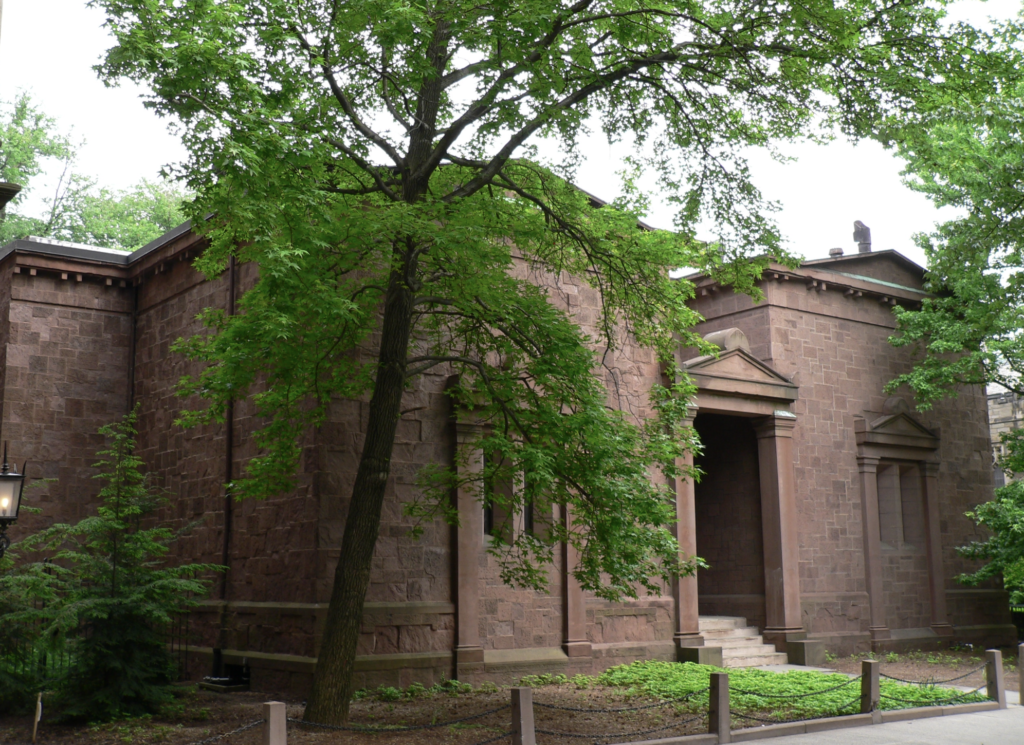End legacy considerations in college admissions

An interesting study recently came out:
The high-income admissions advantage at private colleges is driven by three factors: (1) preferences for children of alumni, (2) weight placed on non-academic ratings, which tend to be higher for students applying from private high schools that have affluent student bodies, and (3) recruitment of athletes, who tend to come from higher-income families.
from the article above
It has gotten some press, and the NY Times’ podcast “The Daily” had an episode discussing it. And of course, this discussion is happening against the backdrop of the recent US Supreme Court decision that eliminated affirmative action in college admissions decisions (the conservative justices made an exception to let military academies keep doing it).
What do we want from college admissions policy? What are the priorities? A student body with statistics that mimic the distributions in the community on various parameters (e.g., income / wealth, ethnic group, etc.)? Policy that maximizes upward economic mobility impact? Admitting the students with the best test scores? Each of these priorities plays off of each other, and advantage different sets of students, while disadvantaging others.
Legacy admissions (preferential admission of the children of alumni) has seemingly little ethical merit compared to some other items listed above. In the episode of “The Daily” linked above, they discuss how universities use legacy admissions to build relationships with families across generations, and build a community of alumni. Why is that a priority? The recent Supreme Court case brought renewed attention, and criticism, to legacy admissions, and the recent study report provides additional data and analysis about the impact of the policy.
Other countries have abandoned the practice. Oxford and Cambridge don’t have legacy admissions. Most of Europe doesn’t. When a medical school in Japan was found to be considering legacy status, they had to apologize. Even within the US, many top institutions don’t consider legacy status: the entire UC doesn’t consider legacy status, neither does Caltech, MIT, U Michigan, the AZ schools, the CO schools, U Oregon, U Washington, and so forth.
So who is holding onto legacy admissions? The old “ivy league” schools and similar institutions. Why? With all of the criticisms, why is holding onto this policy a priority? Theory 1: Legacy admissions have a positive effect on donations. That is actually not very clear, but let’s assume that at least some universities find that it is essential. Particularly smaller, less well known private universities. They would certainly have the data to know for sure (and schools are very often reluctant to share that data, or be transparent about their legacy stats at all). However, many of the institutions that prioritize legacy admissions have very substantial endowments and ongoing alumni donations programs (e.g., any of the old ivy league schools). So even if legacy admissions help with donations, it would not be an existential threat to discontinue it for those schools.
Thus, let’s consider Theory 2: Legacy admissions establish and maintain networks of power and influence. This is much harder to measure and quantify, so data is not as much help here as it would be for Theory 1 (even though that data isn’t always available). The idea here in Theory 2 is that legacy admissions help students make connections with other students from influential families. Why do people want to go to ivy league schools? Maybe the professors are better teachers, but I doubt that’s a huge factor. The brandname on the degree and the connections that a student can make are probably bigger factors. A student is much more likely to meet and network with children from influential families at an ivy league school than at a state school. Moreover, ivy league schools are tiny compared public universities, so each student can interact with a larger fraction of the student body, again making these connections more likely. Legacy admissions can help ensure that a network of alumni persists across generations.
So what might happen if all of the old ivy league schools abandoned legacy admissions? Would the result be that these influential networks get dispersed to other universities? The old ivy league schools would still have their brand names, but the power and influence networks might fade over time. Probably slowly, as the brand name would still be a draw, but it might have a significant negative impact, and maybe that’s why so many universities, especially the old ivy league, clings to legacy admissions policies.